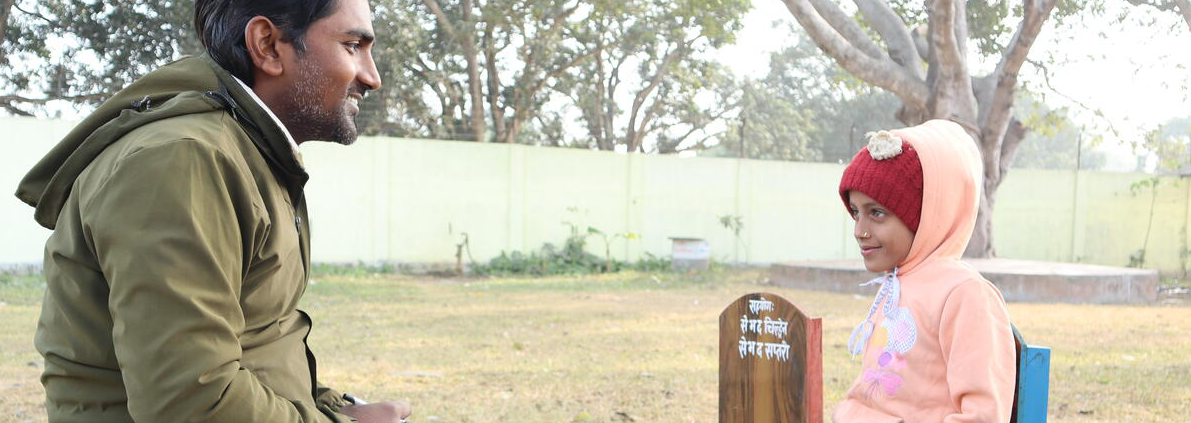The Most Vulnerable Children Faced Unique Risks During COVID-19: How Agencies Communicated with Communities on Parenting in Low Resource and Humanitarian Settings
Authors: READY, United Nations Office on Drugs and Crime, Johns Hopkins Center for Communications Programs, Right to Play, International Rescue Committee
Evidence suggests that children in low resource and humanitarian settings experienced added mental health burdens and violence in the home during the SARS-CoV-2 (COVID-19) pandemic, which may have affected their health and development. For humanitarian response agencies, conducting child protection services during this pandemic had been constrained by safety concerns related to the risk of COVID-19 transmission, and logistical issues aligned with social and public health measures. This paper describes how agencies responded to the identified risks children face, integrating remote risk communication and community engagement approaches and safe in-person dialogues with parents and caregivers into child protection interventions to educate about the disease and prevention, encourage a positive parenting environment and mitigate negative effects on children.
View the paper in English on the European Society of Medicine website.


This website is made possible by the support of the American People through the United States Agency for International Development (USAID) under the READY initiative. READY (not an acronym) is supported by USAID’s Bureau for Democracy, Conflict, and Humanitarian Assistance, Office of U.S. Foreign Disaster Assistance (OFDA) and is led by Save the Children in partnership with the Johns Hopkins Center for Humanitarian Health, the Johns Hopkins Center for Communication Programs, UK-Med, EcoHealth Alliance, and Mercy Malaysia. The contents of this website are the sole responsibility of Save the Children. The information provided on this website does not necessarily reflect the views of USAID, any or all consortium partners, or the United States Government, and is not official U.S. Government information.


